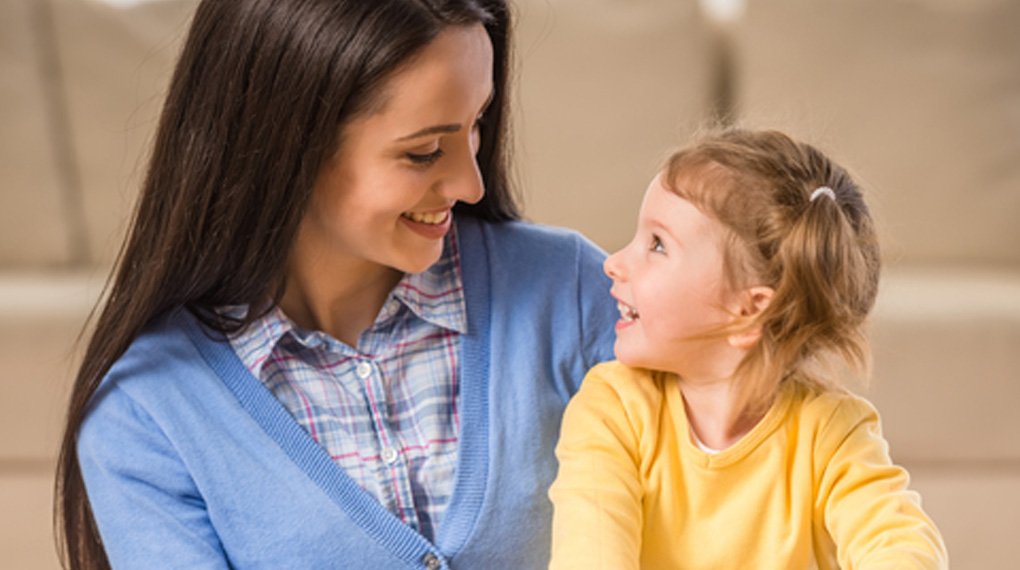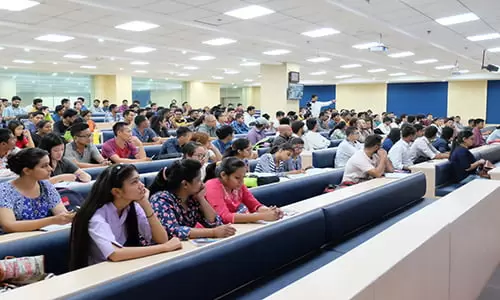The Importance of Safety and Security in At-Home Babysitting Jobs
As fun and rewarding as babysitting can be, there are some things that every sitter must keep in mind. This includes safety and security.
Posting your availability on supermarket bulletin boards or classified ads is not a good idea. This can make you an easy target for criminals.
Safety First
If you’re going to be a babysitter, it’s important to have some basic safety measures. These can help you prevent injuries to children and yourself.
For high school and college students, or even stay-at-home parents looking to make extra income, at home babysitting jobs is an easy way to get cash. But it can quickly become a disaster if a child is injured and the sitter doesn’t know what to do.
Before you start babysitting, taking a first aid class is a good idea. Many community organizations offer these classes, such as the Red Cross and your local hospital. In addition, you should create a first aid kit that includes bandages of various sizes, alcohol pads, and other items to help treat minor cuts and scrapes. The kit should be kept at the house where you are babysitting and easily accessible.
In addition, before you accept a babysitting job, make sure you and the family are clear on the expectations for the role. Make it clear that you’ll follow any medications the children need, such as insulin, and that you won’t leave them alone in a car (even if it’s just for a few minutes). A contract or written agreement may be appropriate if the sitter is a permanent fixture.
Know the Home
While entertaining and caring for children are important aspects of babysitting, safety and security remain the most critical. When parents engage a babysitter, they trust her with their most valuable possessions and homes. This is an incredibly important responsibility that requires an individual who is well-prepared and capable of responding to any emergency.
In addition to ensuring that the home has working smoke detectors and carbon monoxide alarms, it’s a good idea to ask what kind of fire escape plan is in place and where the emergency exits are located. This information will help the babysitter evacuate the family quickly and safely in an emergency.
It’s also helpful to familiarize yourself with the family’s routine. This can include everything from the frequency of bathing to what foods are served and how they’re cooked. Knowing these things can help a babysitter feel more at ease when she arrives to care for the kids and ensure that her actions align with the family’s expectations.
Finally, becoming CPR and first aid certified before starting your at-home babysitting career is a good idea. The American Red Cross and local YMCAs often offer Babysitting Basics courses covering topics like infant and child CPR and choking rescue. A more in-depth course, called Pediatric Heartsaver is available for preteens and teens.
Know Your Limits
While you might think babysitting is a fun way to make extra money, it’s quite a serious business. Parents trust you with their children, so keeping them safe is your job. Taking the proper precautions can help you keep your clients and yourself safe.
Some of the most important safety measures include a smart home security system, smoke detectors, and carbon monoxide detectors. These can be invaluable in an emergency, such as a fire or CO poisoning. Make sure you know how each of these works before you leave for your shift so that you can take the necessary action. Having a clear idea of what the rules are in the house is also essential. Parents should tell you if certain TV shows, games, or music are prohibited. Parents will also need to tell you if there are any time limits for electronics and when the house should be shut down at night.
You should also be aware of any other responsibilities you might have in the house, such as answering the phone, signing for delivery packages, and taking messages from the family. Some sitters even keep a notebook or app to record information about each child’s dietary needs, medical history, and contact details.
Be Prepared
While entertaining and caring for children are important aspects of this job, the babysitter is responsible for ensuring their safety. Babysitters should know basic first aid and emergency protocols, such as recognizing signs of a carbon monoxide leak or escaping a house fire. It is a good idea for sitters to take first aid and CPR classes.
Parents also need to be clear with babysitters about what is and is not allowed. They should clearly state whether their child has any allergies and what they are. They should also let the sitter know how long the kids can watch TV and if electronics need to be shut down at a certain time.
In addition, it is a good idea for parents to give the sitter any information regarding home security, such as who the alarm company is and how to contact them in an emergency. They should let the sitter know where the spare key is and the procedure for exiting the house in case of a fire.
Finally, babysitters need to be careful about the information they share online. It is not a good idea to post on supermarket bulletin boards, classified ads or other venues where strangers can easily find their age, address, and phone number. Many sitters have code words that they use to communicate with family members or other trusted people instead of giving out personal details.







